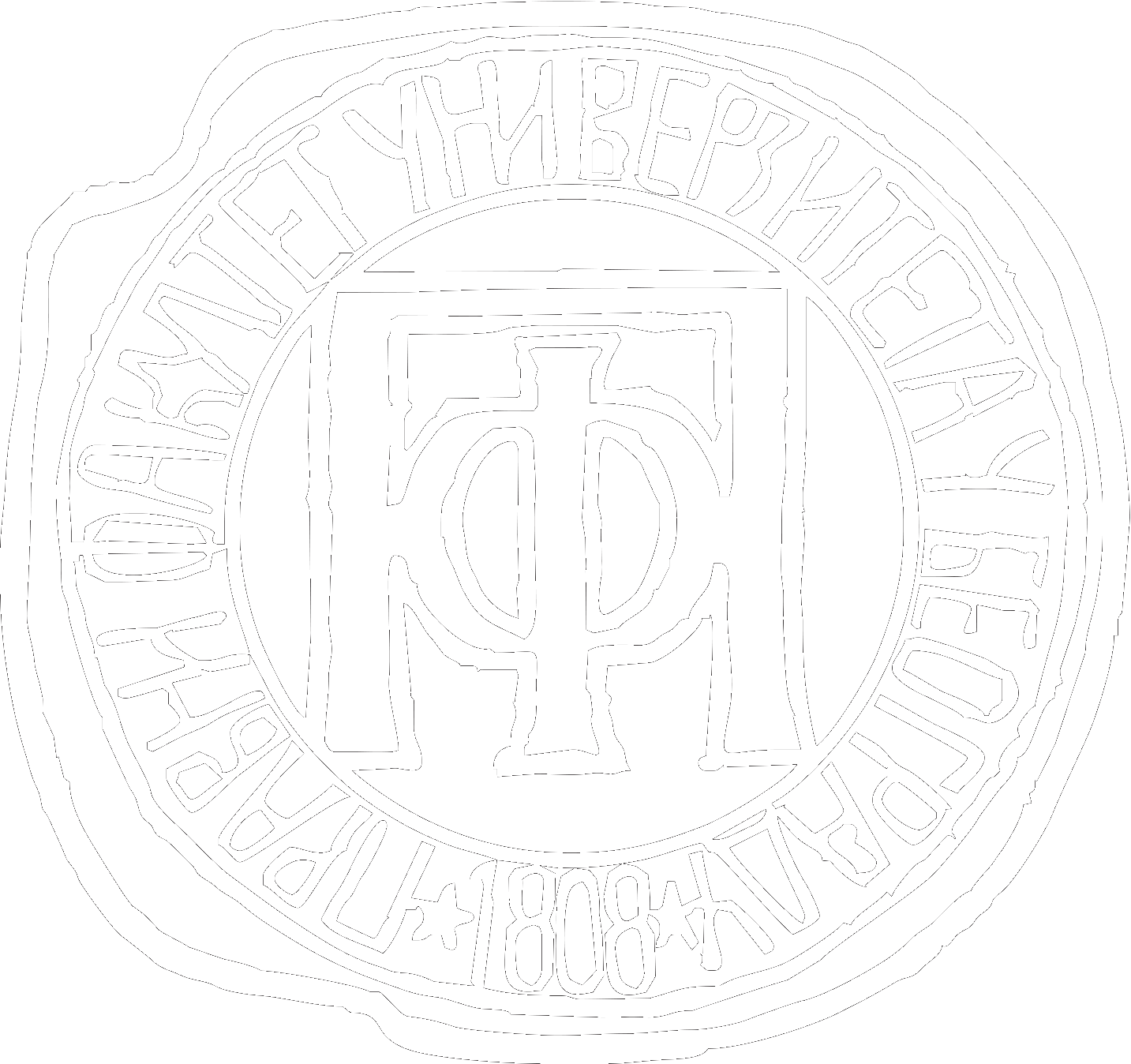Plea bargain
Term, legal nature and use of the plea bargain as evidence
DOI:
https://doi.org/10.5937/crimen2003346BKeywords:
plea bargain; complicity; evidence; criminal procedureAbstract
Plea bargain is an institute that is used in most different criminal proceedings, and does not represent an issue in matter when a certain criminal event is being related to a single perpetrator of a criminal act. In situations where more perpetrators exist, or more criminal acts, verdict that has accepted the plea bargain can be frequently used as evidence, which cannot be tested. Having in mind that Code of criminal proceedings is regulating three kinds of bargains between public attorney and offender, those being plea bargaining of criminal act, which goal is to rationalize the sole criminal procedure, as well as bargain on account of witnessing of offender or convict, whose goal is to efficiently carry out the procedure in relation to other offenders of criminal acts, question is raised on why is plea bargain used as evidence in criminal procedure. Using the plea bargain as evidence, without option of that evidence being tested, represents a violation of the right to defense, right to fair trial and presumption of innocence. Having in mind the fact that principle of material truth is not one of principles in criminal procedure, as well as the fact that option to sign the plea bargain is not limited with qualification of criminal act, nor prescribed punishment, as well as the matter of facing practical problems of using the plea bargain as a formed fact, that cannot be tested, questions is raised how can we solve the practical problem using theory. It's doubtless that public attorney is benefiting from the option of using plea bargain as established and inexcusable evidence, but the position of defense is in matter here, and its position to test the evidence that cannot be a subject of dispute. Having in mind that public attorney has on disposal other bargains as well, that can be signed with the offender, or convicted person in goal of efficiently implementing the proceedings in relation to other offenders of criminal acts, we realize that using the plea bargain should have for, its purpose, sole rationalization of criminal procedure. Alongside criminal procedures that are finalized, there are many criminal proceedings that are not finalized, where defense is helplessly fighting the use of plea bargain as evidence. Realizing the practical problem, it can be useful to take this issue in aspect from few angles, as well as suggesting the means on how to solve a problem in issue. In regard what was said earlier, in goal of respecting the principles of criminal procedure, changes of Code of criminal procedure were suggested, as well as easier solution regarding the lawful stand of Supreme Court of cassation that would answer this theoretical problem, would fulfill the void in law system, harmonize case law, as well as fully respect and use right to defense.
Downloads
References
Alschuler, A. 1979. "Plea Bargaining and Its History." Columbia Law Review 79 (1). https://doi.org/10.2307/1122051
Bajović, V. 2015. "Odmeravanje Kazne i Sporazum o Priznanju Krivičnog Dela." NBP Žurnal za Kriminalistiku i Pravo, no. 2.
Bejatović, S. 2015. "Efikasnost Krivičnog Postupka kao Međunarodni Pravna Standard i Reforma Krivičnog Procesnog Zakonodavstva Srbije (Norma i Praksa)." NBP Žurnal za Kriminalistiku i Pravo, no. 2.
Bugarski, T. 2014. Dokazne Radnje u Krivičnom Postupku. Novi Sad.
Brkić, S. 2016. Krivično Procesno Pravo II. Novi Sad.
Brkić, S. 2004. Racionalizacija Krivičnog Postupka i Uprošćene Procesne Forme. Novi Sad.
Cambj, N. 2013. "Sporazumijevanje Prema Noveli Zakona o Kaznenom Postupku." Hrvatski Ljetopis za Kazneno Pravo i Praksu, no. 2.
Cheesman, S. J. 2014. "A Comparative Analysis of Plea Bargaining and the Subsequent Tensions with an Effective and Fair Legal Defence." Szeged.
Delibašić, V. 2017. "Sporazum Javnog Tužioca i Okrivljenog o Priznanju Krivičnog Dela." Kultura Polisa, no. 32.
Djurdjić, V., and D. Subotić. 2010. "Procesni Položaj Javnog Tužioca i Efikasnost Krivičnog Postupka." Beograd.
Grubač, M. 2011. "Nove Ustanove i Nova Rešenja Zakonika o Krivičnom Postupku Srbije od 26. Septembra 2011. Godine." Pravni Zapisi, no. 2. https://doi.org/10.5937/pravzap1102467G
Ivičević Karas, E., and D. Puljić. 2013. "Presuda na Temelju Sporazuma Stranaka u Hrvatskom Kaznenom Procesnom Pravu i Praksi Županijskog Suda u Zagrebu." Hrvatski Ljetopis za Kazneno Pravo i Praksu, no. 2.
Jimeno-Bulnes, M. 2013. "American Criminal Procedure in European Context." Cardozo Journal of International and Comparative Law 21 (2). https://doi.org/10.2139/ssrn.2276682
Krstulović, A. 2002. "Primjena Kazne na Zahtjev Stranaka kao Mekanizam Konsesualnog Stranačkog Upravljanja Postupkom u Italijanskom Kaznenom Procesnom Pravu." Hrvatski Ljetopis za Kazneno Pravo i Praksu, no. 2.
Milovanović, M. 2010. "Sporazum o Priznanju Krivice – Pro et Contra." Anali Pravnog Fakulteta u Beogradu, no. 2.
Pizzi, W., and L. Marafioti. 1992. "The New Italian Code of Criminal Procedure: The Difficulties of Building an Adversarial Trial System on a Civil Law Foundation." The Yale Journal of International Law 17 (1).
Scott, R. E., and W. Stuntz. 1992. "Plea Bargaining as Contract." Yale Law Journal 101. https://doi.org/10.2307/796952
Solomon, P. H. 2012. "Plea Bargaining Russian Style." Demokratizatsiya 20 (3).
Stojanović, Z. 2010. Krivično Pravo: Opštii Deo. Beograd.
Ščerba, F. 2013. "The Concept of Plea Bargaining Under the Czech Criminal Law and the Criminal Law of Other Countries within the Region of Central Europe." International and Comparative Law Review 13 (1). https://doi.org/10.1515/iclr-2016-0055
Škulić, M. 2016. Krivično Procesno Pravo. Beograd.
Škulić, M., and G. Ilić. 2012. Kako je Propala Reforma – Šta da se Radi. Beograd.
Škulić, M., and G. Ilić. 2012. "Novi Zakonik o Krivičnom Postupku Srbije – Reforma u Stilu 'Jedan Korak Napred – Dva Koraka Nazad'." Beograd.
Trudić, I., ed. 2016. "Sporazum Stranaka u Kaznenom Postupku – Trgovina Pravdom ili?" Pravni Vjesnik, no. 1.
Turner, J. 2016. "Plea Bargaining and Disclosure in Germany and the United States: Comparative Lessons." William & Mary Law Review 57.
Uzlau, A. 2013. "Plea Bargaining – A New Criminal Procedure Institution." International Journal of Juridical Sciences, no. 4. https://doi.org/10.15837/aijjs.v7i4.836
Vuković, I. 2015. "Kauzalnost Radnje Pomagača u Odnosu na Delo Izvršioca." Crimen, no. 1.
Yordanova, M., and D. Markov. 2012. Countering Organized Crime in Bulgaria: Study on the Legal Framework. Sofia.

Downloads
Published
How to Cite
Issue
Section
License
Copyright (c) 2021 Minja Blažić Pavićević

This work is licensed under a Creative Commons Attribution 4.0 International License.
The authors retain copyright and grant the journal the right of first publication, allowing others to share the work with proper attribution to the authors and acknowledgment of its original publication in this journal.










